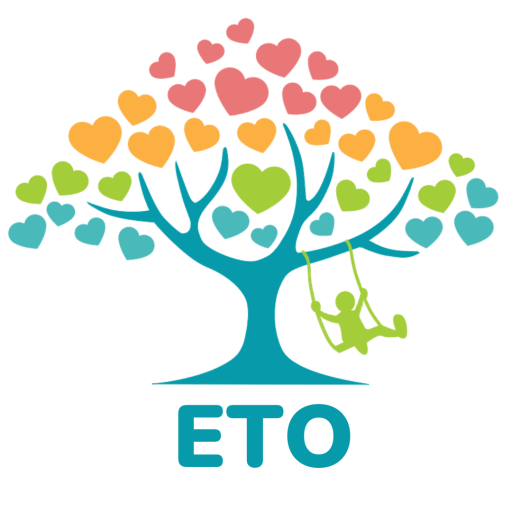This week at Educational Toys Online, we’re taking a look at speech and language disorders. Language development can be broken down into both expression (expressive language) and comprehension (receptive language). Expression refers to the ability to produce words and sentences with appropriate vocabulary, grammar and other conversational rules, whereas comprehension refers to the ability to understand others.
Language comprehension and expression is a very complex area of development, made up of many parts including:
- Sounds: learning and distinguishing sounds
- Content: words and vocabulary that make up the meaning of our messages
- Grammar & Syntax: the rules of our language
- Pragmatics: using language appropriately and in context e.g. taking turns in conversation
- Intonation: the rising and falling sound patterns of speech and melody that give utterances different meanings e.g. questions vs statements
- Voice: projecting sounds with vocal chords
Children can have difficulties with both language comprehension and/or expression. Many causes may underlie abnormal language and speech development, including hearing problems, physical disability, intellectual disability, medical/neurological conditions and developmental disorders.
Some indicators a child may be experiencing difficulties with comprehension include:
- Your baby does not seem to listen to you or respond
- Distraction or poor attention in story time
- Slowness learning classroom or daily routines
- Echoing other’s speech
- Disinterest in or no response to facial expressions
- Difficulty understanding how to play with their toys or simple games
Some indicators a child may have issues with expression include:
- Difficulty with articulating sounds, speaking muddled sounds or only being able to produce a few sounds
- Difficulty remembering names of objects
- Difficulty using words in the right order/not fluent speech
- Frustration over not being understood
- Difficulty taking turns in conversation, becomes fixated on one topic or gives inappropriate responses in conversation
- Stammering
- A child of 5 years cannot be understood by most people
The diagnosis and of a speech or language disorder requires specialist knowledge such as that of a speech therapist, and it is important to note other developmental disorders (e.g. Autism Spectrum Disorder) are known to affect speech and language in some form, and hearing should always be screened. Keep in mind all children develop at different rates, acquire skills at different times to their peers and some need additional time and support to master certain skills. Mistakes with speech are common throughout development, but being aware of certain signs of disorder allow for early assessment & intervention.
References:
Allenby, C. (2015). Supporting children with speech and language difficulties (2nd ed.). Abingdon, Oxon;New York, N.Y;: Routledge.

